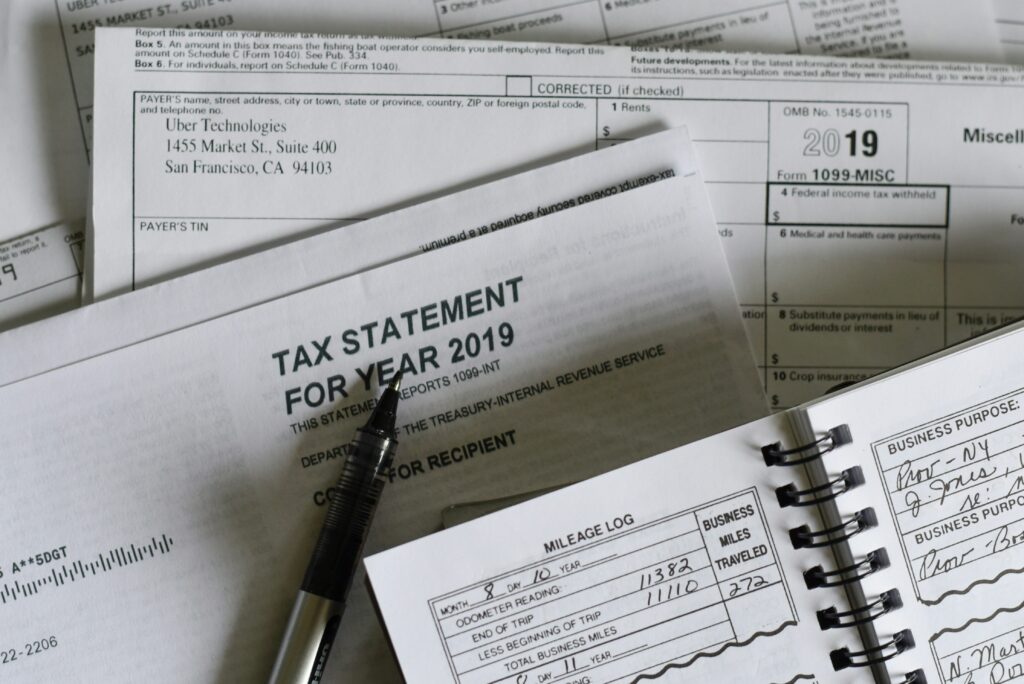Moving to a new country comes with various challenges, and understanding the tariff system is a crucial aspect for expatriates. For those relocating to Israel, navigating the tax landscape is essential to ensure compliance and optimize financial planning. In this comprehensive guide, we will delve into the tariff system in Israel, covering key aspects such as residency status, income tax rates, deductions, and filing requirements, providing expats with valuable insights for managing their taxes effectively.

Residency status and tax obligations
Determining your residency status is the first step in understanding your tariff obligations in the country. The Israeli tax system distinguishes between residents and non-residents based on the duration and purpose of their stay. Generally, individuals who spend more than 183 days in a tariff year or have their center of life in Israel are considered residents for tax purposes. Non-residents are typically subject to tariff only on their Israeli-sourced earnings. Understanding your residency status is crucial as it determines which levy rules and rates apply to you.
Income tax rates
Israel operates on a progressive income levy system, with tax rates ranging from 10% to 50%. The tariff rates are determined based on revenue brackets, and higher earners are subject to higher levy rates. It’s important to note that tax rates can change over time, so it is advisable to consult the latest regulations or a tax professional for accurate information.
Taxable income and deductions
Taxable income in the country includes various sources such as employment revenue, rental income, capital gains, and business profits. However, certain deductions and exemptions are available to help reduce the levy burden. Common deductions include contributions to pension plans, health insurance premiums, certain educational expenses, and donations to recognized charitable organizations. Expats should familiarize themselves with the eligible deductions to optimize their levy liabilities.
Tax filing and deadlines
In Israel, individuals are required to file an annual tax return known as the “Tofes 101” form. The levy year in Israel follows the calendar year, with the filing deadline typically set on April 30th of the following year. However, extensions may be granted for certain individuals. It’s crucial to adhere to the filing deadlines to avoid penalties and interest charges.
Double taxation agreements
Israel has signed double taxation agreements (DTAs) with many countries to prevent individuals from being taxed twice on the same earnings. These agreements provide relief by either exempting certain types of income from levy or allowing for a tariff credit in the home country. Expats should explore if their home country has a DTA with Israel to ensure they benefit from these provisions and avoid double taxation.
Tax planning and professional assistance
Navigating the Israeli levy system can be complex, especially for expatriates with unique financial situations. Seeking professional assistance from a tariff advisor or accountant who is well-versed in international taxation can provide invaluable guidance. They can help optimize levy planning, identify eligible deductions, and ensure compliance with Israeli tariff laws.
Value added tax (VAT)
Apart from income tax, expatriates should also familiarize themselves with Israel’s Value Added Tax (VAT) system, which is imposed on most goods and services. The standard VAT rate in the country is currently 17%. It is important to understand VAT obligations, especially for business owners or individuals engaged in commercial activities.
Ending note
Understanding the levy system in the nation is essential for expatriates to fulfill their tariff obligations and make informed financial decisions. By familiarizing themselves with residency status, income tax rates, deductions, and filing requirements, expats can navigate the levy landscape with confidence. Seeking professional assistance and staying updated on the latest tariff regulations will ensure compliance and help optimize levy planning. With proper knowledge and guidance, expatriates can make the most of their time in Israel while effectively managing their tariff liabilities.
You may also find these articles helpful
